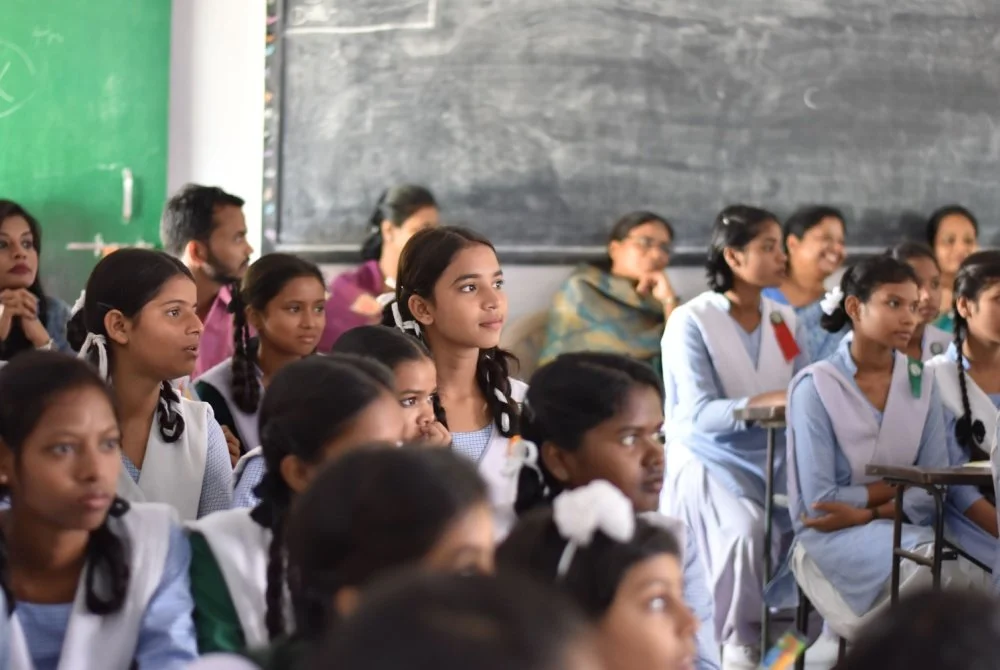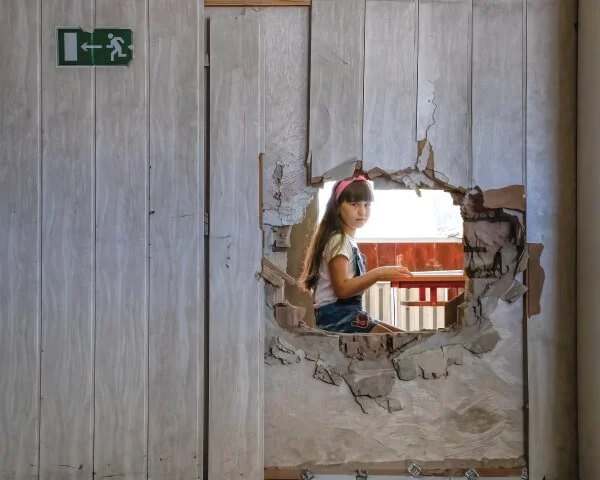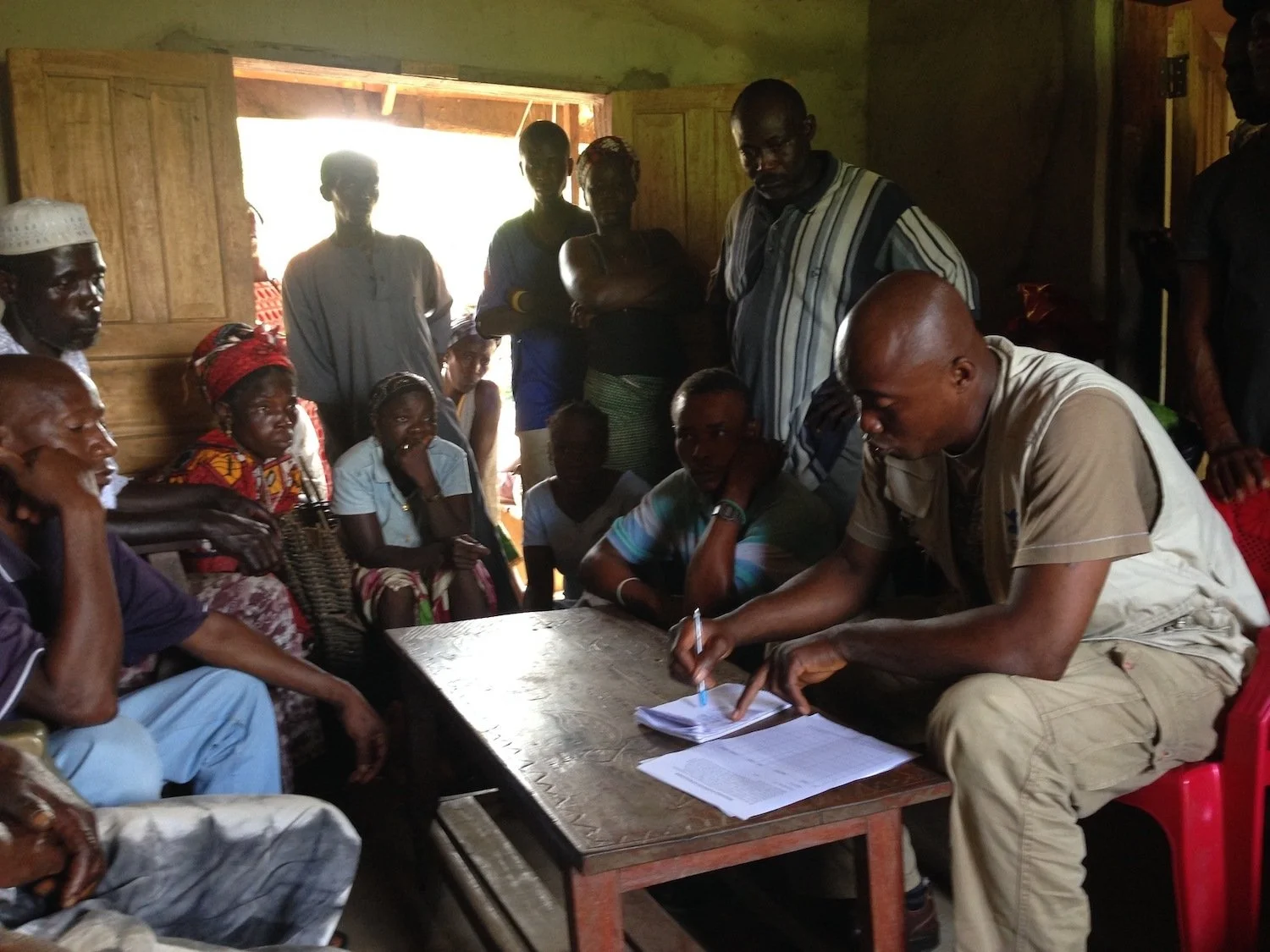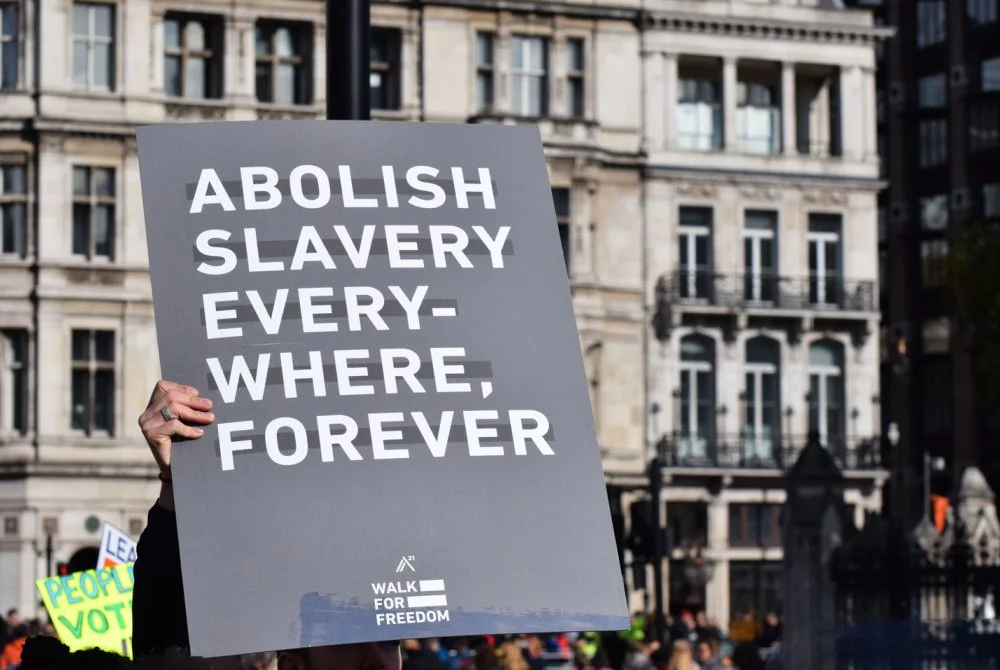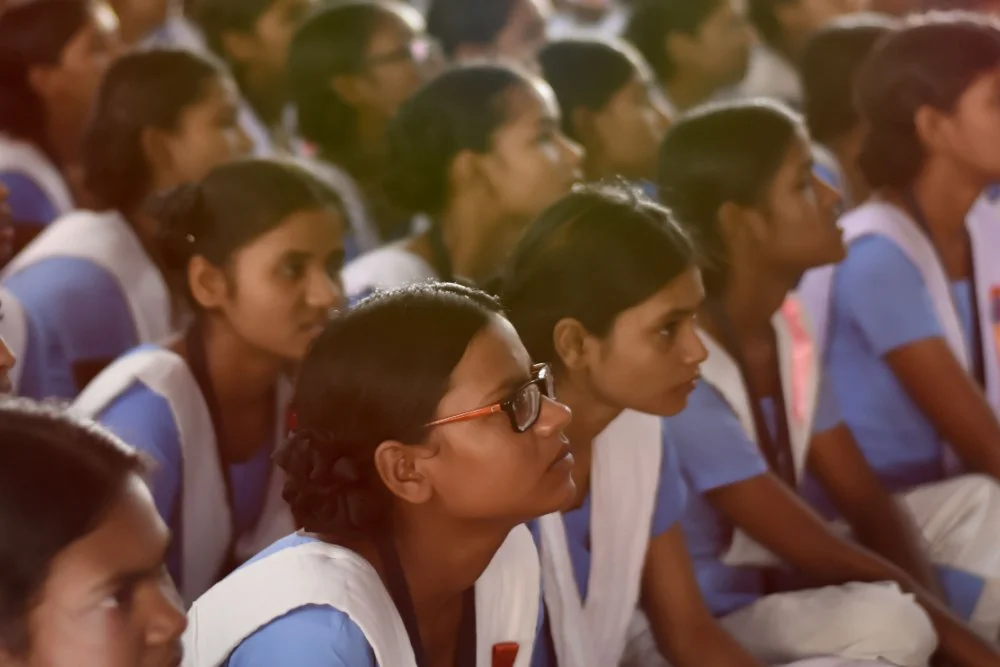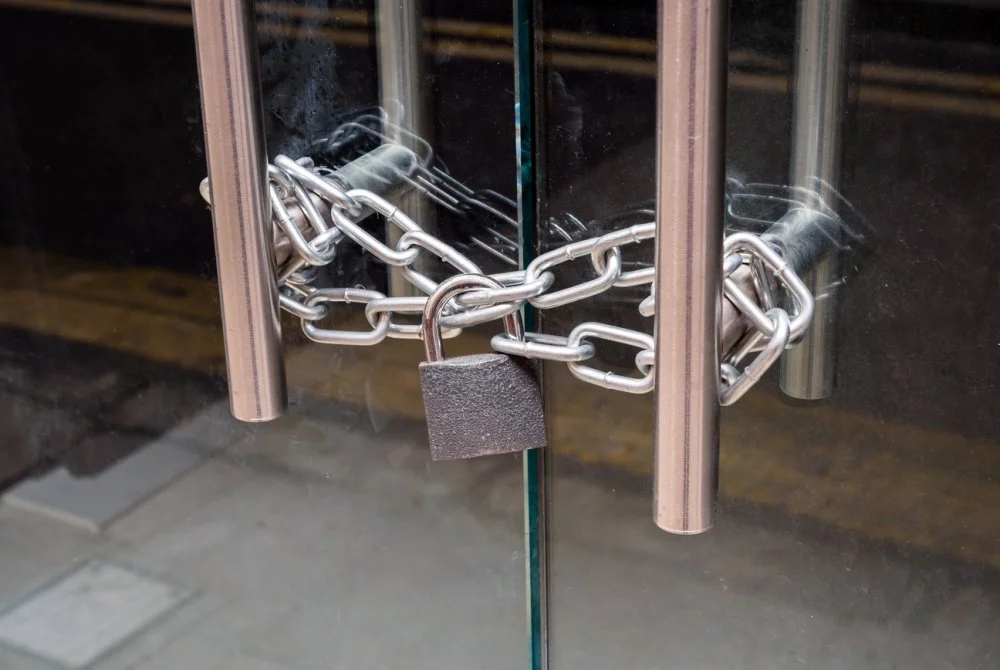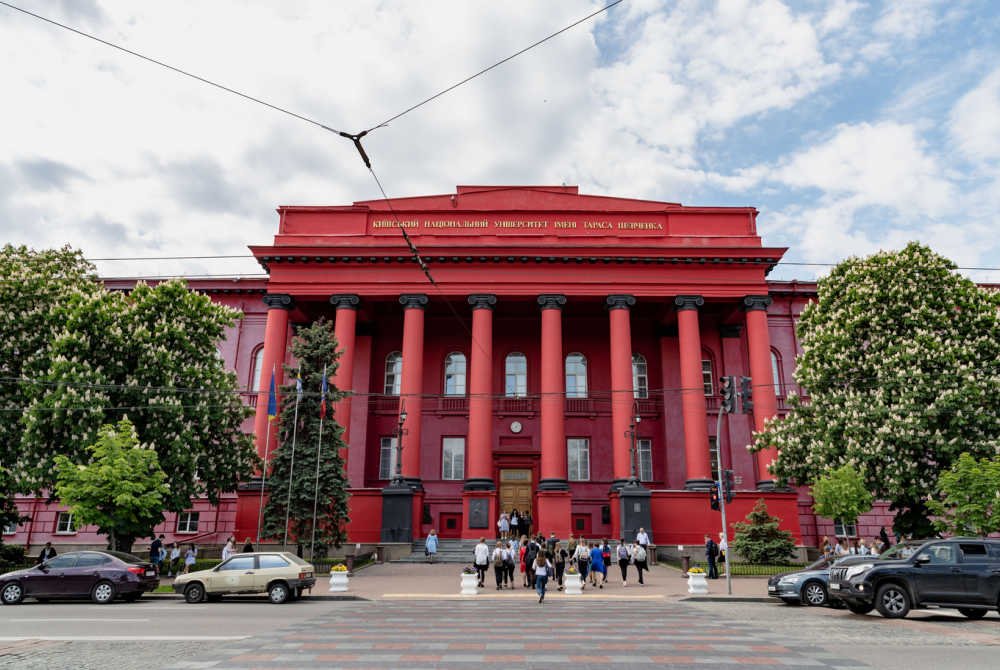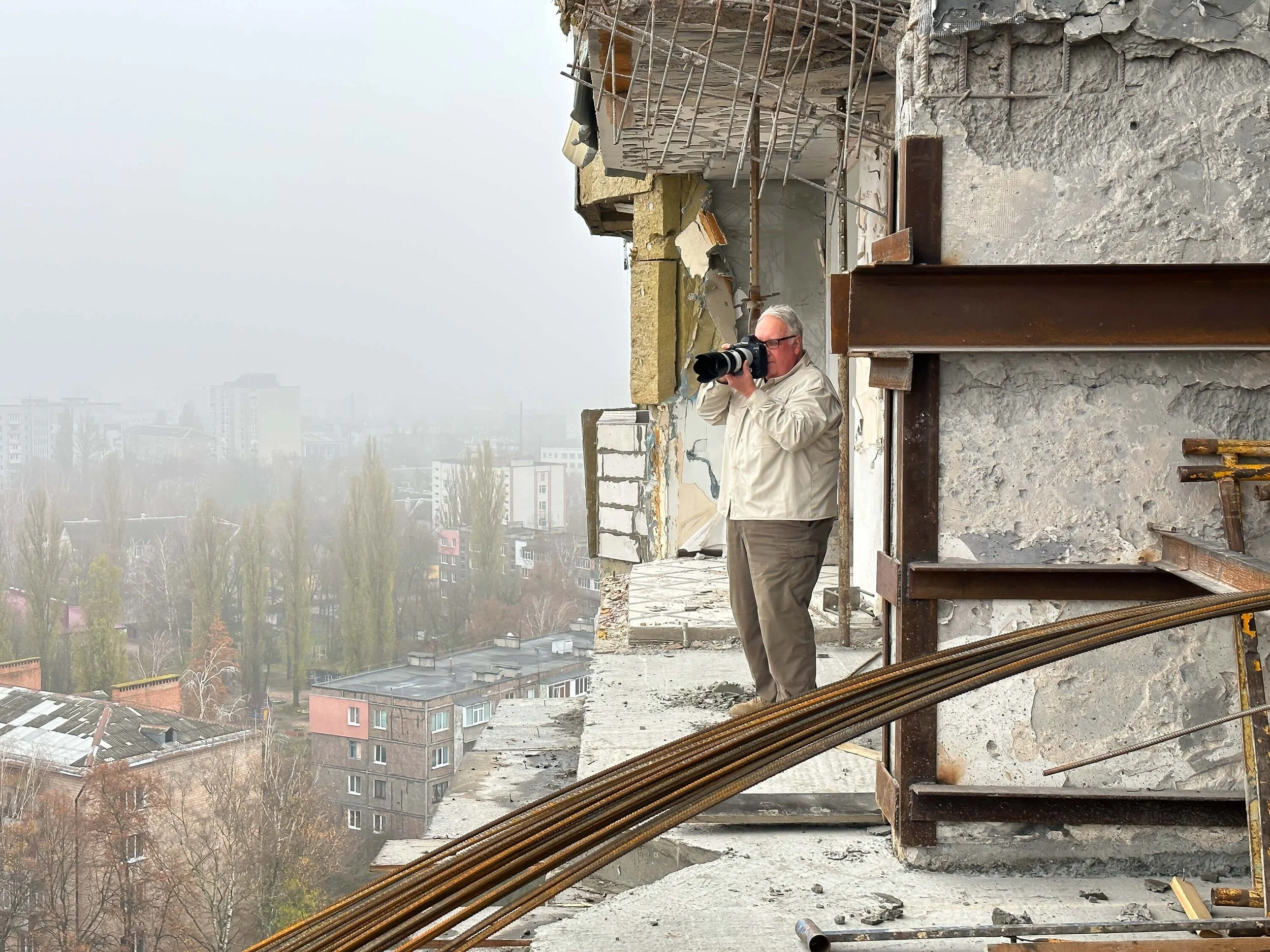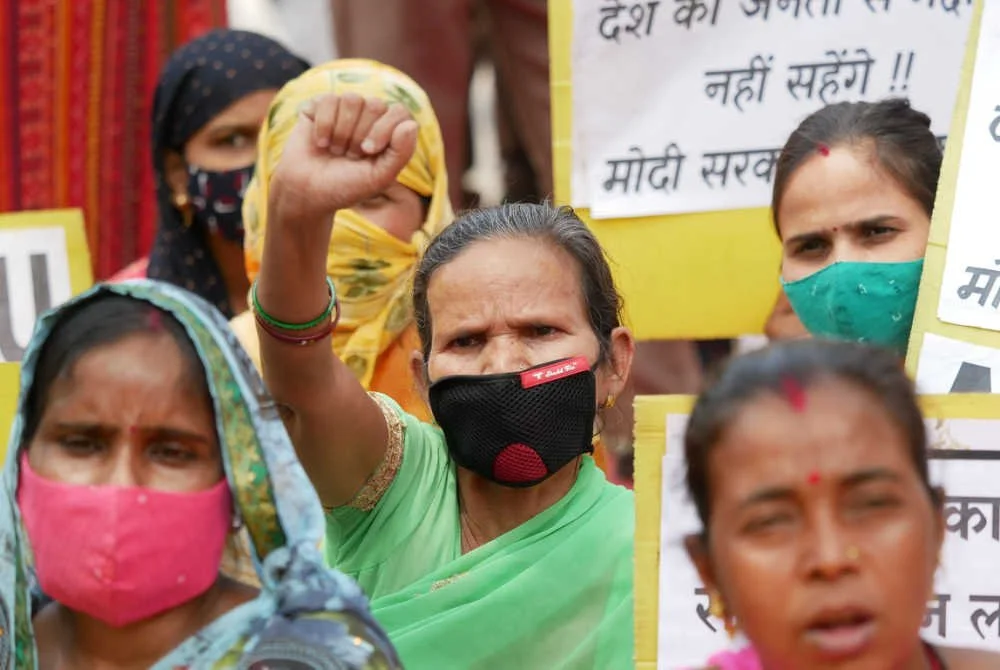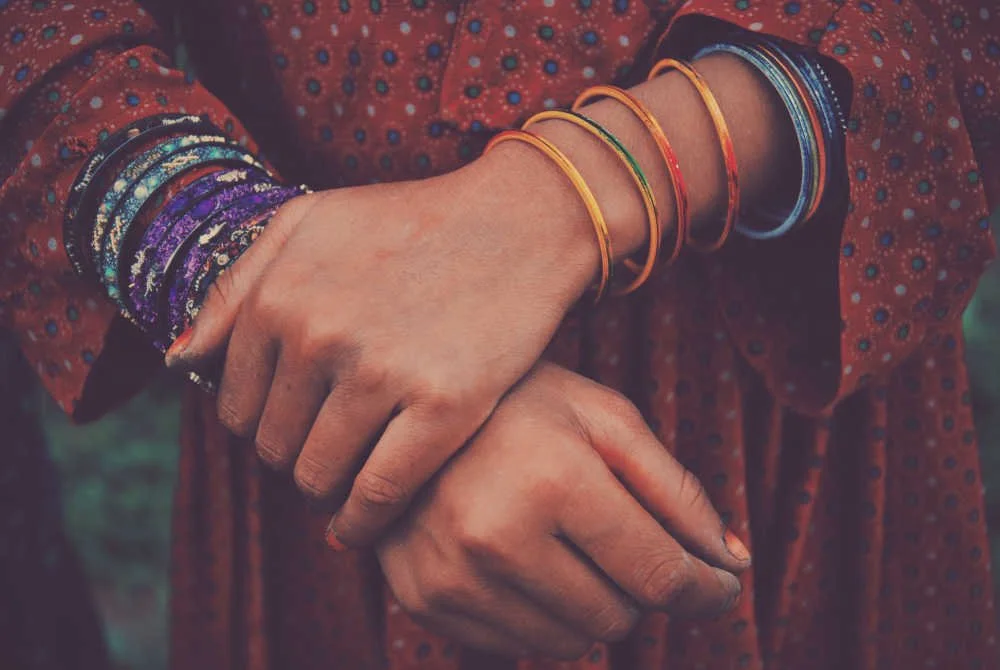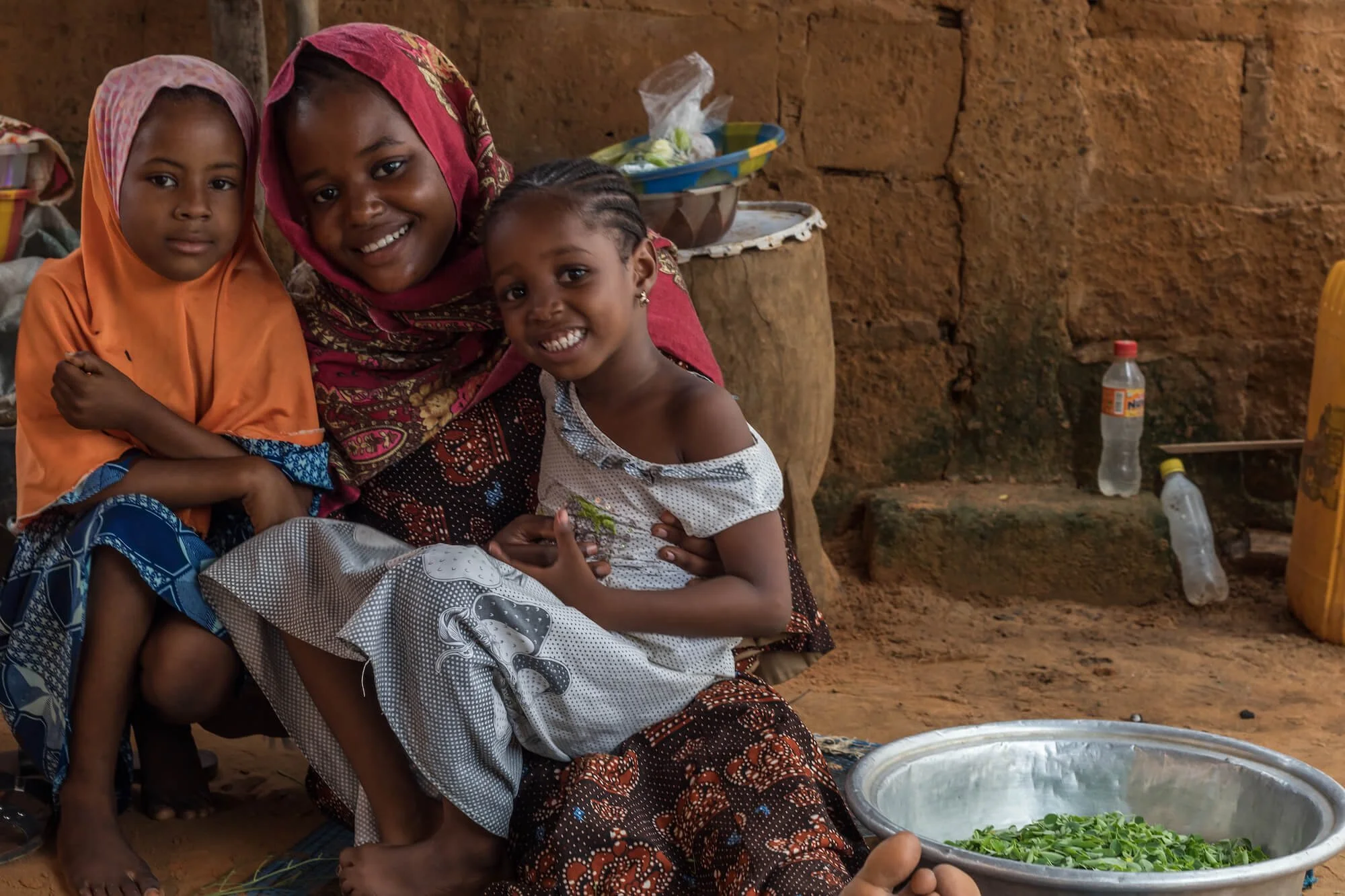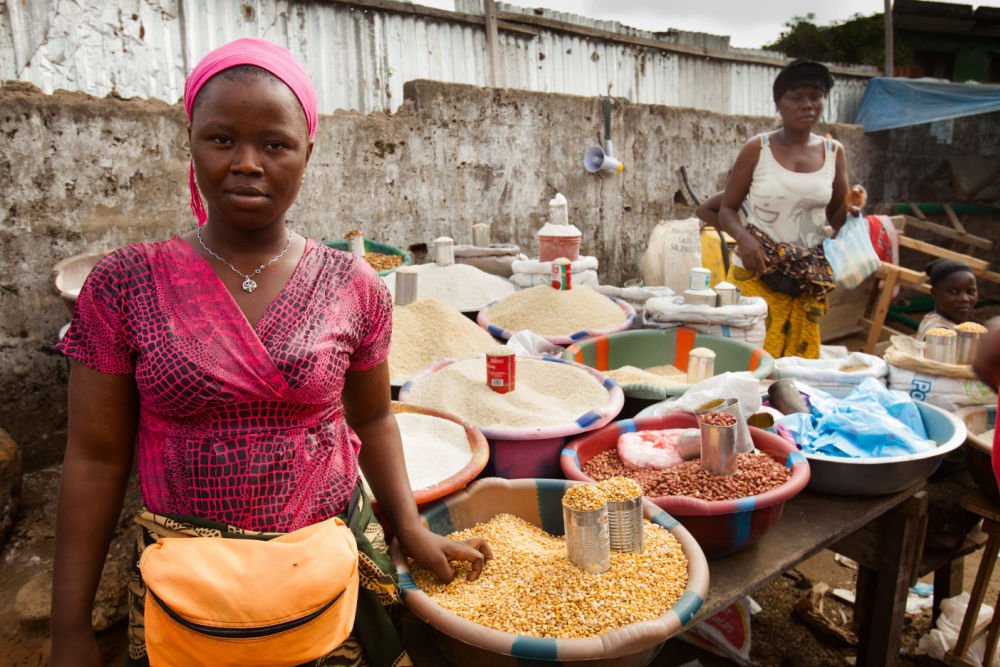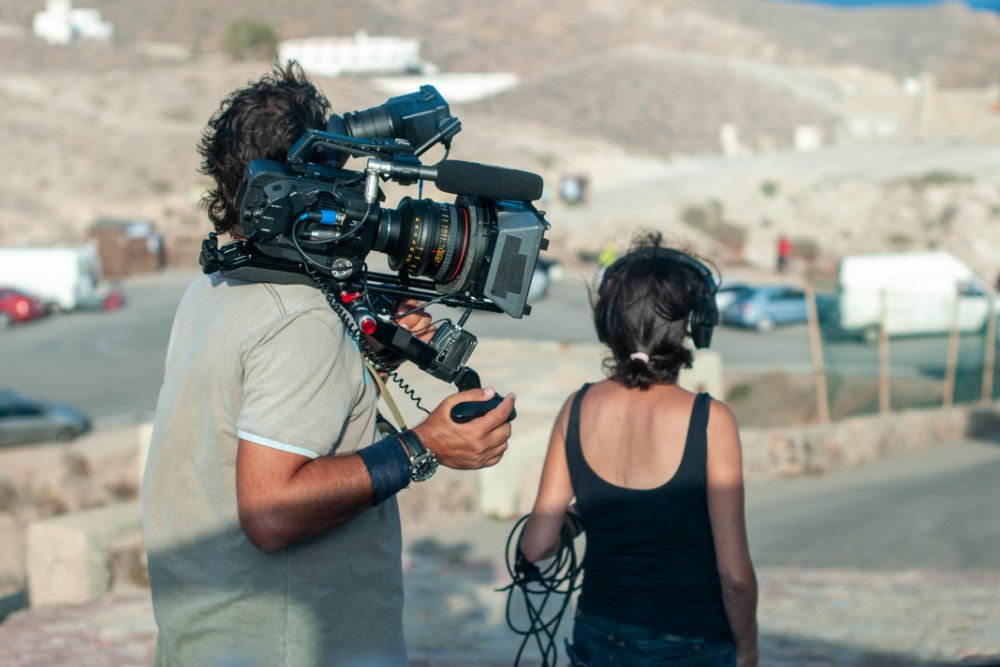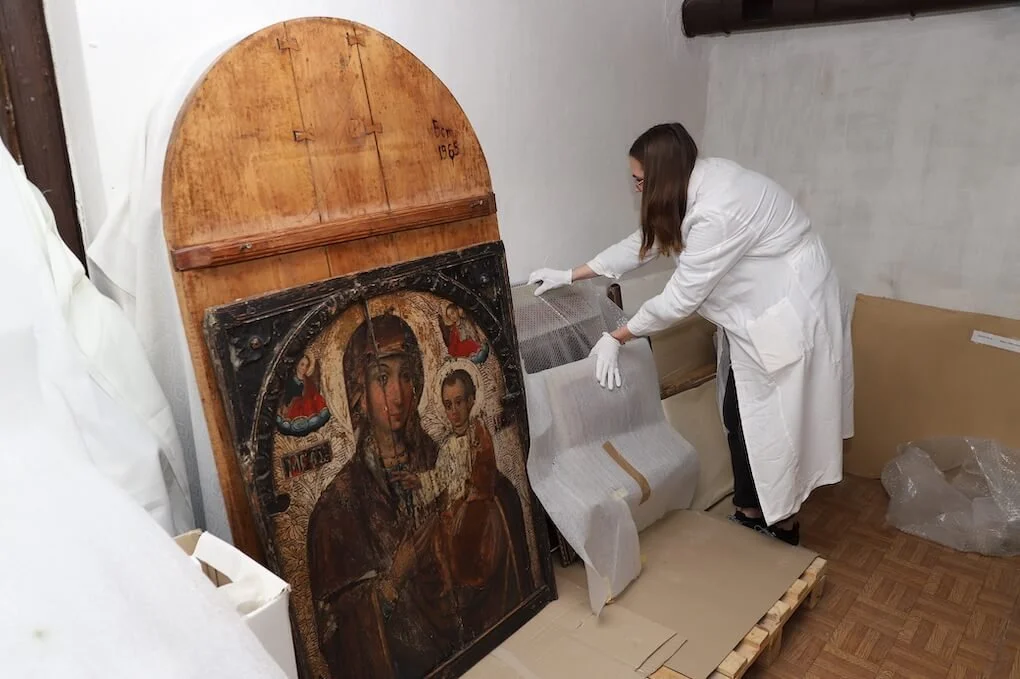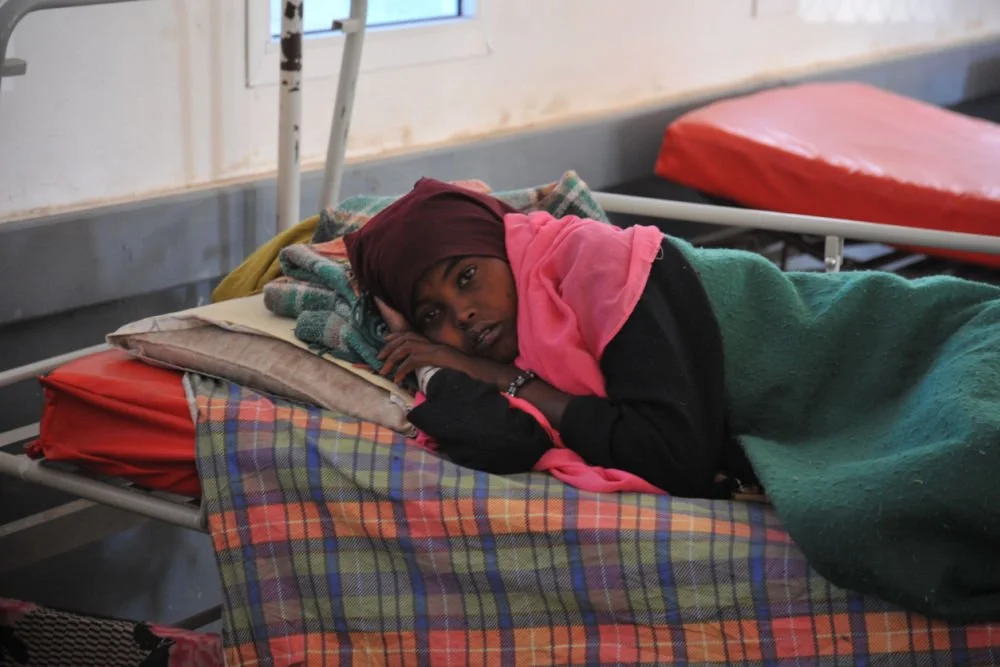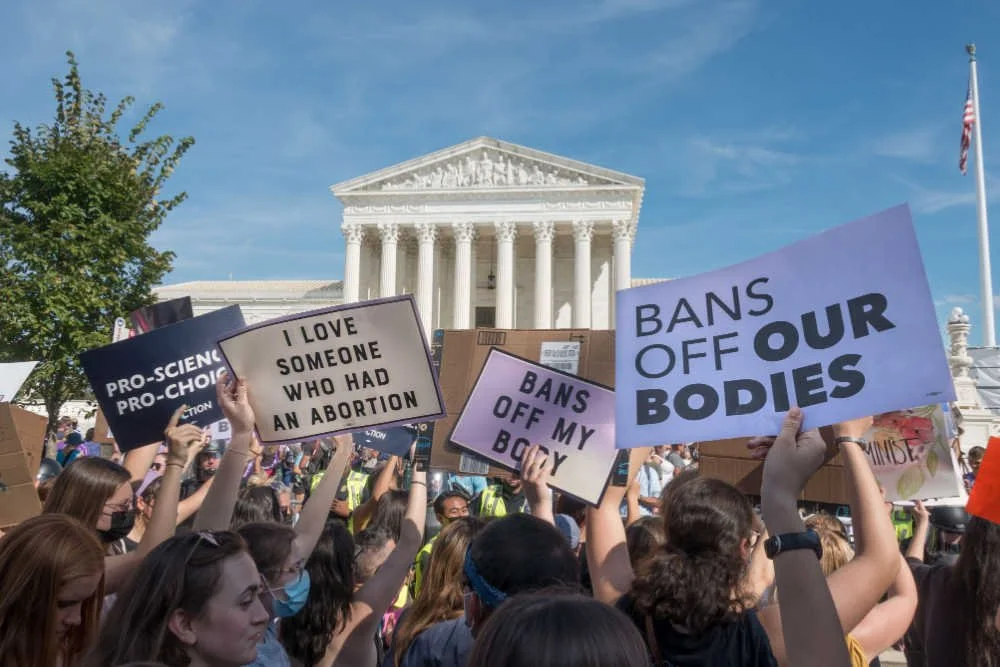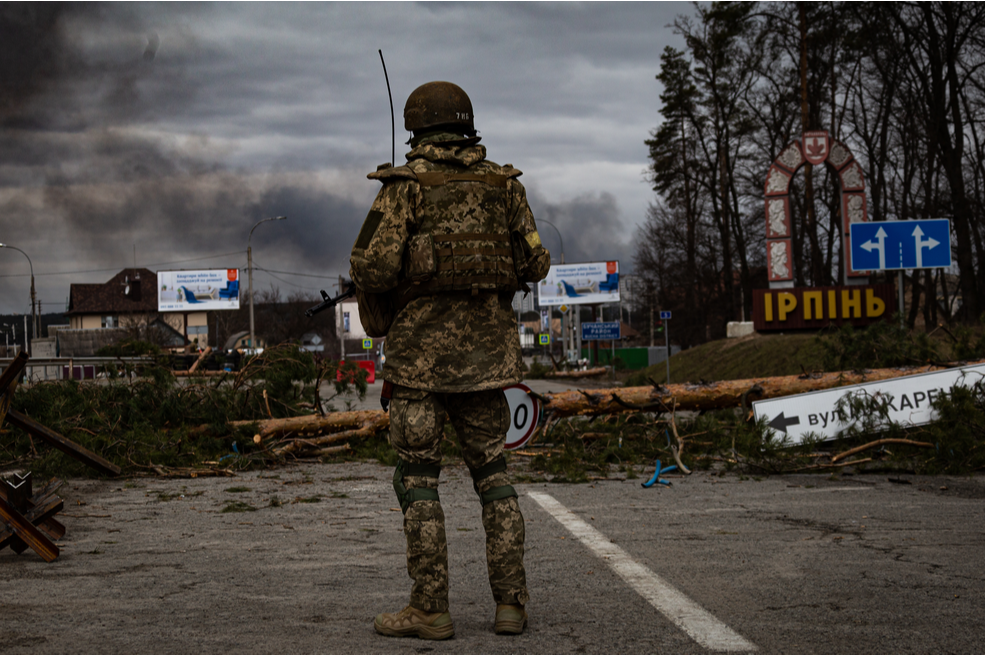To Bolster Global Human Rights, the Clooney Foundation Looks to Monitor Judicial Systems
/A soldier outside a courthouse in Turkey. Photo: thomas koch/shutterstock
For opposition figures, journalists and vulnerable communities, a country’s judicial system can offer protection from authoritarian leadership. But courts can also be used to legitimize the silencing and suppression of unwelcome dissent.
Independent trial monitors can document abuse, and their presence in a courtroom can also encourage transparency and fairness. But monitoring is expensive and time-intensive work, and it is often reserved for high-profile cases. As a consequence, data about where and when abuses take place is uneven at best.
Enter the Clooney Foundation for Justice—the foundation run by international human rights lawyer Amal Clooney and her actor husband George Clooney—and a new initiative called TrialWatch, which aims to expand the presence of trained observers in courtrooms around the world “where trials pose a high risk of human rights violations.”
TrialWatch, which will formally launch on April 25 at Columbia Law School, will train a global network of monitors to observe trials and contribute to an international data collection effort, while establishing a set of best practices for monitoring trials anywhere in the world. It will focus on trials that target journalists, human rights defenders, members of the LGBTQ community, women and girls, and religious minorities, and a given trial will be graded by a team of legal experts based on international fair trial standards. Ultimately, TrialWatch will also set up an “Index” to rank how countries perform, and advocate against the use of courts to oppress vulnerable groups, silence speech, or target political opponents.
Perhaps most importantly, the initiative will provide much-needed funding and bring an array of existing judicial monitoring efforts under a single umbrella.
“Governments get away too easily with imprisoning opposition figures, silencing critics, and persecuting vulnerable groups through the courts,” Amal Clooney said in announcing the initiative in December. And yet, even as courts are “increasingly being used as a tool of oppression,” as TrialWatch explains on its website, “there is no comprehensive global program scrutinizing the courts of the world; nor is there a global standard for how trial monitoring should be conducted.”
TrialWatch will be run in partnership with the American Bar Association, the Office of the U.N. High Commissioner for Human Rights, and Columbia, where Amal Clooney has been a visiting law professor since 2015. It has also joined forces with Microsoft to develop technology to document trends in judicial abuses and fund a fellowship.
Trial monitoring is an expensive proposition. A single court case, including pre-trial hearings, might drag on for months or years. Proceedings can be convoluted and secretive, and understanding them can require legal and local expertise. Cases that ensnare well-known opposition figures, journalists or foreigners are more likely to be scrutinized than, say, the prosecution of a gay man on morality charges. The American Bar Association’s Center for Human Rights has in the past sent monitors to cases brought against human rights defenders in retaliation for their work, but the effort has been limited. The ABA says that the resources that will come with TrialWatch will allow it to expand its scope.
Meanwhile, there is a growing consensus that unfair trials demand a more pronounced global response. The U.N.’s Sustainable Development Goals include ensuring “equal access to justice for all”—something that was left out of the SDG’s precursor, the Millennium Development Goals.
The Clooney Foundation for Justice was launched in 2016. Thus far, it has focused on refugee issues, including sponsoring the resettlement of Syrian and Yazidi refugees in the United States. The foundation has also endowed a $1 million “Combating Hate” legal fellowship at the Southern Poverty Law Center.
Amal Clooney’s clients have included Wikileaks founder Julian Assange, a Yazidi woman who was kidnapped and forced into sex slavery for ISIS, and two Reuters journalists detained in Myanmar who had been working on a Reuters investigation into the killing of Rohingya Muslims.




